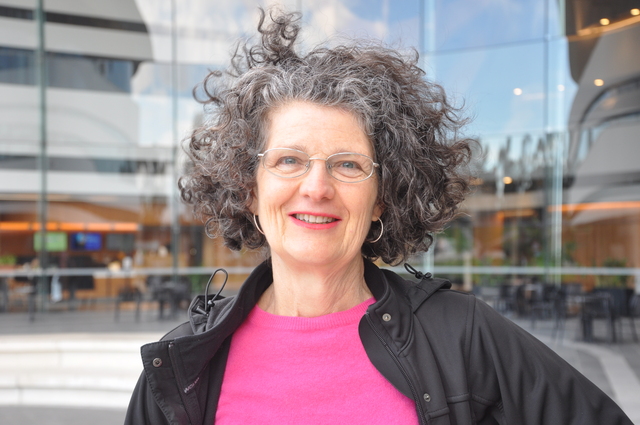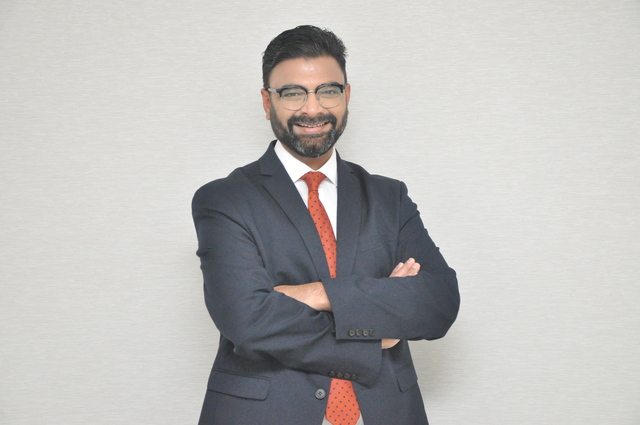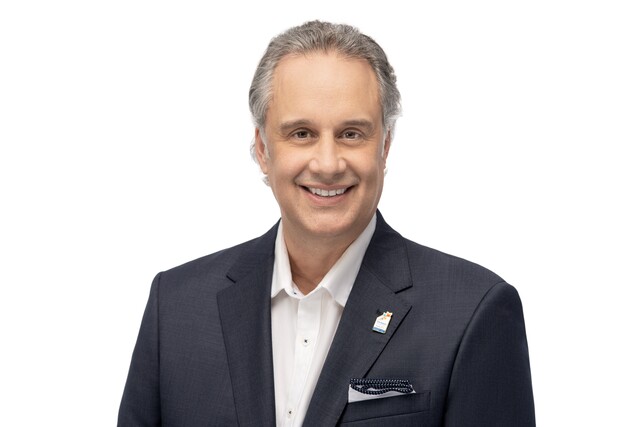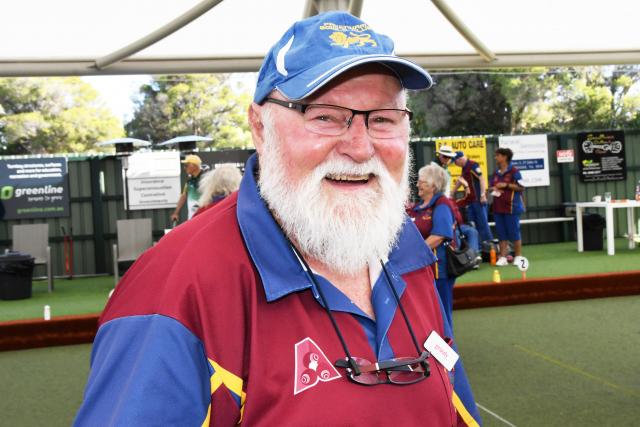A recent reminder of the outsourced aged care model in the City of Casey has once more resurfaced, with candidates in the northern wards putting foward alternatives to the current model.
A local resident, who has requested to remain anonymous, expressed her and her partner’s difficulties in working with the wide array of departments that are now dealing with aged care.
They said that they are “unable to navigate our way through, we have tried and tried again”.
This sentiment is echoed by many candidates who are divided between either centralising the services or reviewing the current platform for inefficiencies; however, it’s clear that many are dissatisfied with the current model’s performance and care for the elderly community.
The Commonwealth Aged and Disability reforms, which began in June 2022 after Casey endorsed the decision in December 2021, aimed to provide more client choice, which according to Casey’s chair of administrators, Noelene Duff emphasised “a competitive marker and a requirement for service providers with specialist skills as part of a holistic service”. Ms Duff made the comment in December 2021.
Akoonah Ward candidate Patrick Ferdinands acknowledged the reasoning for the reforms but is open to exploring alternatives.
“While it aims to provide efficient service delivery, it is crucial to continuously assess whether it meets the needs of our elderly community,” Ferdinands said.
Also from Akoonah, Mush Rahaman said that while “outsourcing can streamline operations”, it is essential that the current model “meets the needs of our elderly residents”.
“Many [elderly] feel overwhelmed by the complexities involved in navigating multiple providers, leading to a sense of frustration and uncertainty,” Rahaman said.
Samuel Dennison on the other hand takes a stronger stance, declaring that the current model is “not working for our local elderly community” and that another approach should at least be considered.
Hearing firsthand that services aren’t “what they used to be”, Dennison implicated the possibility of a recommendation and or rating system “for private service providers who are meeting or exceeding the required standards, providing informed guidance to those who may not be equipped to make such decisions”.
Kushal Shah also expressed concerns over the current system, adding that it is “obvious” that outsourcing has not met the needs of the residents; he also added that while there are benefits such as specialists, he has heard feedback from many residents that there is “inconsistency in the care received”.
Shah pointed out unpredictabilities in care and called for improved oversight, noting that while the change from the Aged Care Funding Instrument (ACFI) to the Australian National Aged Care Classification (AN-ACC) has led to better transparency, a more structured monitoring role with “internal processes and mechanisms” is essential, he said.
“Rather than bring these services ‘in-house’, I would let the specialist centres run it with robust oversight and monitoring from the council.”
Describing the system as “complicated” Dianne Pagliuca echoed the need for a review but stressed the importance of support.
Building on the current council’s service model and combining that with education and reaching out to elderly residents “would see improvement in their quality of life”, according to Pagliuca; where initiatives such as increased funding for community centres and elderly-related activities would be focal for factors such as socialisation.
Grevillea Ward candidate John Ternel voiced strong concerns about outsourcing as a “profit driver”, one that is often at the expense of service quality.
“Organisations that prioritise profit over people frequently see a decline in care standards.
“That’s why I support ongoing oversight of these services to ensure they meet our community’s needs,” he said.
Stephen Capon, also from Grevillea, remains steadfast in saying that meeting with those affected by the current model and responsible stakeholders is crucial when pushing for change.
“If elderly outcomes remain unsatisfactory, [one should] investigate whether the council can and should re-enter aged care service delivery, in consultation with the community, and where the boundary lies with State/Federal responsibility to meet service delivery,” Capon said.
Similarly, Dave Perry stood firm against the current system, saying that it does not meet the needs of the elderly residents or their families.
“My Aged Care and state-run services are set up to deliver minimal service and private operators are making sure this is delivered at maximum cost; Council Aged Care services need to be reinstated and managed in-house to deliver a different outcome,” Perry said.
Casuarina Ward candidate Kim Ross agreed that a review of the system is essential, however, an overarching assessment of of its effectiveness must be undertaken, considering that from her experience, it also included delays in assessments, long waiting lists and not enough services of providers.
“The information provided lacks clarity and accessibility, in many cases the service providers are not local, and therefore may not understand the nuances that exist in Casey,” Ross said.
She also added that there is a wide range of elderly needs that are not being met, such as the “lack of housing options for vulnerable elderly people [and] the lack of services for victims of elder abuse”.
“[Casey should] have a specific aged care point of contact at the council, [which] can direct the person to the appropriate services.”
Suzanne Carmody is in agreement, referring to the current model as “confusing” and difficult to navigate, one that doesn’t always meet the needs of the elderly in the community recalling that residents have “suffered a loss in the level of services provided” during the transition.
“Residents are also noting the lack of available workforce to meet needs, and difficulties communicating with providers.
“It starts with listening, to families, to cares and aged care advocates, there needs to be community meetings targeted to seniors and their families, so they are aware of their options and have a clear idea of how to access and move through the system,” she said.
Jane Foreman takes a similar approach, advocating for bringing providers of services together and learning what each brings to the table, as well as coordinating with how to best relay relevant information to those who need it.
“I would like to see a local aged care advisory committee established which would give the needed feedback to council for their continual advocacy to the stakeholders, to ensure the necessary services are being provided to meet the needs of the ageing community,” she said.
Waratah Ward candidate Stefan Koomen understands the needs of the elderly, acknowledging that their needs are not being met, he said advocating for “a review of the decision” as well as gathering feedback is integral for the community.
“The council should look at best practices from other councils to improve service delivery and work together with them for better value for ratepayers, elderly residents and care staff should be supported, as this is vital for their well-being and community health,” he said.
Peterine Smulders, a Kalora Ward candidate pushed for an active role from the council in arranging adequate support for the families in need, with Melinda Ambros agreeing with the notion, adding that she is committed to addressing the concerns, as well as “simplifying access and ensuring quality service”.
“Council should actively monitor, advocate and gather regular feedback to hold providers accountable, I support efforts for clear guides, contact points and community sessions to assist seniors and families.
“Simplifying access is essential, ensuring residents, including my loved ones, receive high-quality care is a priority for me.”
Brian Oates, on the one hand, is taking a strong stance of abandoning the current model, recounting that the initial announcement of the reform for Casey was “secretive with seniors not knowing what was happening until they made enquiries”.
“Returning to the former model and managing that properly would be better,” he said.
Ultimately, Casey’s northern wards see a need for a proper review, one that considers the shortcomings of the support for the elderly community, in conjunction with a deeper analysis of the current model to ensure clarity and conciseness moving forward.









